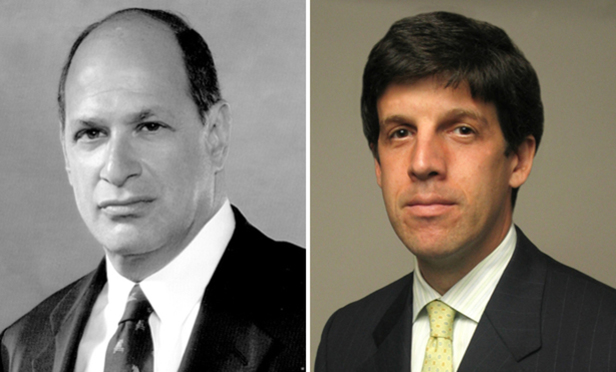When things end up poorly in a case, whether the client deserved to win or not, the client may decide to come after his criminal lawyer claiming malpractice, either in a civil action or in a post-conviction proceeding claiming “ineffectiveness.” He may argue that the lawyer 1) didn’t explain all of the litigating options to me; or 2) was “ineffective” in investigating the case, or in cross-examining key witnesses; or 3) did not let me, or mistakenly encouraged me to, take the witness stand in my own defense.
It is uncommon for the judge who presides (or presided) over a case to telegraph to the client during the case or afterwards that the lawyer is doing (or did) a lousy job in a way that the client himself didn’t have the skill or knowledge to recognize. In fact, some judges go out of their way, especially if they recognize the defendant as being a particularly difficult client, to say aloud, in words or substance, that “your lawyer has done an admirable job.” (We all like to hear that—even if the judge’s comment is strategic!)



